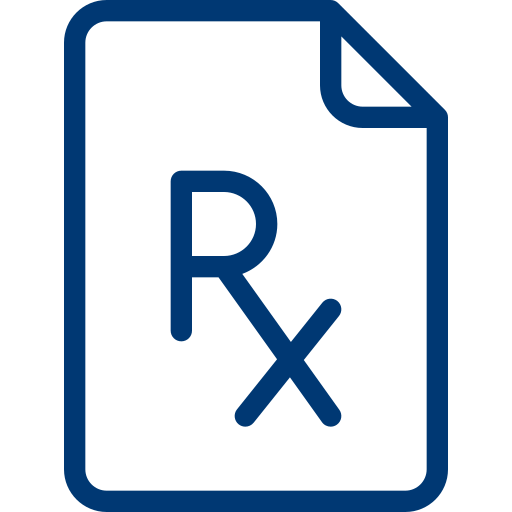Dementia Blood Test: How It Helps in Early Diagnosis and What You Should Know

Dementia is a term used to describe a decline in cognitive abilities like memory, thinking, and reasoning. It can be caused by several conditions, with Alzheimer's disease being the most common. As dementia affects millions of people worldwide, finding ways to diagnose and manage it effectively is crucial. One of the ways doctors help diagnose dementia is through blood tests. In this blog, we will explain how blood tests can help in the diagnosis of dementia and how they can provide insights into a person’s health. Don’t worry – we’ll keep it simple and easy to understand!
What is Dementia?
Before diving into Dementia Blood Tests, let's first understand what dementia is. Dementia is not a specific disease but a general term for a group of symptoms that affect mental functions like memory, communication, and problem-solving. The most common type of dementia is Alzheimer’s disease, but other conditions like vascular dementia, Lewy body dementia, and frontotemporal dementia can also cause cognitive decline.
Can Dementia Be Diagnosed With a Blood Test?
Currently, there is no single Dementia Blood Test that can directly diagnose dementia. However, Dementia Blood Tests play a very important role in the diagnostic process. They help doctors rule out other conditions that might mimic the symptoms of dementia and identify possible underlying causes of cognitive decline. Dementia Blood Tests can provide clues that help doctors decide on the best treatment options for the patient.
Let’s break down how Dementia Blood Tests are useful in dementia diagnosis.
1. Blood Tests to Rule Out Other Conditions
Many conditions can cause symptoms similar to dementia, and it’s important to rule them out. Some of these conditions can be treated or managed, so detecting them early is crucial. Dementia Blood Tests can help check for:
Vitamin Deficiencies: Lack of certain vitamins, especially vitamin B12 and folate, can cause confusion, memory loss, and other cognitive problems. Dementia Blood Tests can measure these vitamin levels.
Thyroid Problems: Both an overactive thyroid (hyperthyroidism) and an underactive thyroid (hypothyroidism) can lead to memory issues and changes in thinking. A Dementia Blood Test can measure thyroid hormone levels to check for thyroid problems.
Liver or Kidney Issues: Liver and kidney diseases can sometimes cause symptoms similar to dementia. Dementia Blood Tests help doctors check how well your liver and kidneys are working.
Infections: Infections such as syphilis or HIV can cause confusion and cognitive decline. Dementia Blood Tests can help identify infections that might be contributing to memory issues.
Diabetes or Blood Sugar Imbalance: Poorly managed diabetes or abnormal blood sugar levels can also affect brain function. Dementia Blood Tests can help doctors check for these problems.
2. The Role of Amyloid and Tau Proteins in Alzheimer's Disease
In recent years, researchers have made progress in understanding the biology of dementia, particularly Alzheimer’s disease. Alzheimer’s disease is linked to the buildup of two proteins in the brain: amyloid and tau.
- Amyloid forms plaques in the brain, which can interfere with normal brain function.
- Tau forms tangles inside brain cells, affecting their ability to function properly.
In the past, the only way to detect these proteins was through brain imaging or a spinal fluid test. However, researchers are now developing Dementia Blood Tests that can measure levels of amyloid and tau. If these proteins are found in higher-than-normal levels, it could suggest the presence of Alzheimer’s disease.
While Dementia Blood Tests for amyloid and tau are still being studied, they show promise in helping doctors diagnose Alzheimer’s disease more accurately.
3. Checking for Inflammation in the Brain
Chronic inflammation has been linked to many diseases, including dementia. Inflammation in the brain might contribute to the development or progression of dementia. Dementia Blood Tests that measure inflammation markers can help doctors determine if inflammation is a factor in the symptoms a person is experiencing.
Markers like C-reactive protein (CRP) and interleukins are commonly measured in Dementia Blood Tests to assess inflammation levels. If high levels of inflammation are found, it might suggest that inflammation is playing a role in the cognitive decline.
4. Genetic Testing and Alzheimer’s Risk
Some people are at higher risk of developing Alzheimer’s disease due to their genetic makeup. The most well-known genetic risk factor for Alzheimer’s is the APOE-e4 gene. People with one or two copies of this gene have an increased risk of developing Alzheimer’s disease.
Genetic tests can detect the presence of the APOE-e4 gene through a Dementia Blood Test. While having the gene doesn’t guarantee that a person will develop Alzheimer’s, it does increase their risk. Genetic testing for dementia is still a topic of ongoing research, and it’s typically not done unless there’s a strong family history of the disease.
5. Looking for Other Biomarkers
As scientists continue to learn more about dementia, they are discovering new biomarkers—substances in the blood that can provide important clues about the disease. These biomarkers can help doctors identify the type of dementia a person may have, as well as how advanced it is. Some of the newer biomarkers being studied in Dementia Blood Tests include:
- Neurofilament light chain (NfL): A protein that may indicate brain cell damage.
- Plasma phospho-tau (P-tau): A protein associated with brain changes in Alzheimer's disease.
While these biomarkers are not yet widely available for clinical use, they offer hope for more accurate and earlier diagnoses of dementia.
6. What’s Next After Dementia Blood Tests?
Even though Dementia Blood Tests are helpful in diagnosing dementia, they are not enough on their own. Doctors typically use a combination of tests to diagnose dementia, including:
- Cognitive tests to assess memory, attention, and problem-solving skills.
- Brain imaging (such as MRI or CT scans) to check for physical changes in the brain that could indicate dementia.
- A physical and neurological exam to rule out other conditions.
Conclusion: Dementia Blood Tests Are Just One Piece of the Puzzle
Dementia Blood Tests are an important tool in diagnosing and understanding the causes of cognitive decline. They can help rule out other conditions, identify potential causes of symptoms, and even provide clues about Alzheimer’s disease and other types of dementia. However, they are just one part of the larger diagnostic process. If you or a loved one are experiencing memory problems or signs of dementia, it’s essential to consult a doctor who can guide you through the diagnostic process and offer appropriate treatment.
By combining Dementia Blood Tests with other evaluations, doctors can offer a more accurate diagnosis and help manage the symptoms of dementia more effectively.
If you’re worried about your cognitive health, don't hesitate to talk to your healthcare provider.
Related Blogs
-
PSA Test (पीएसए टेस्ट) - What Is It, Cost, Symptoms, And How Does It Work?
 - What Is It, Cost, Symptoms, And How Does It Work.jpg)
-
How to Lower Thyroid Antibodies Naturally and Manage Thyroid Peroxidase Antibodies?

-
RDW (Red Cell Distribution Width) Test: Understanding It's Significance And Interpretation
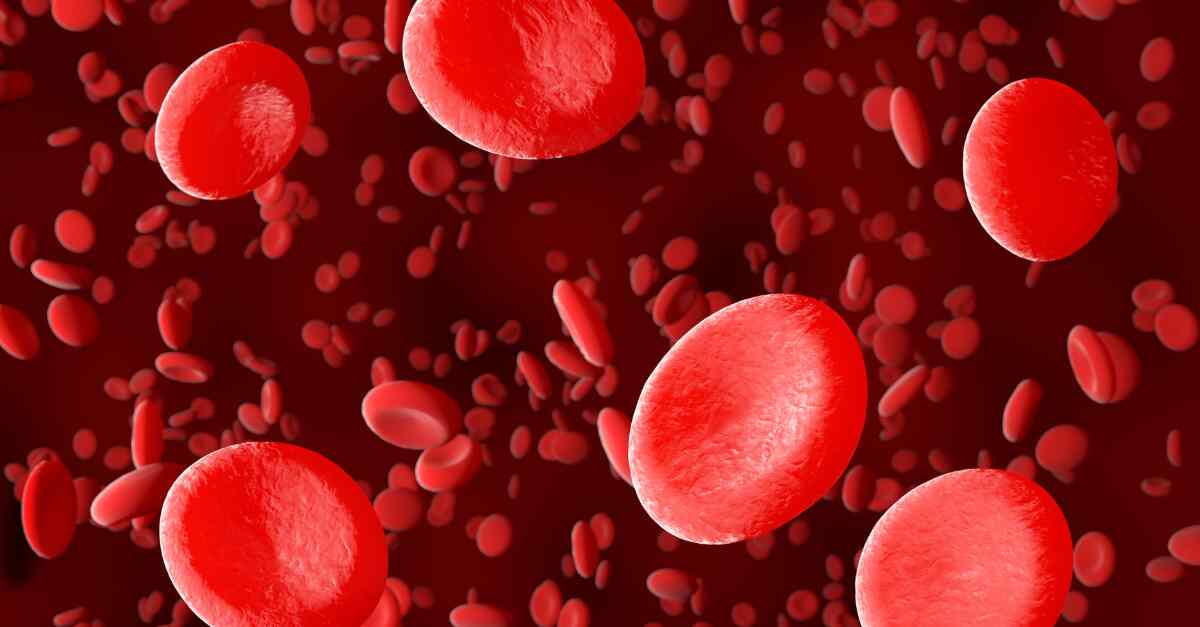
-
Marvel Path Lab - Your Trusted Partner in Comprehensive Blood Testing

-
थायराइड क्या है? थायराइड के कारण, लक्षण और प्रभावी घरेलू उपचार (Home Remedies For Thyroid in Hindi)
.jpg)
-
Discover the Ultimate Liver Detox: Top 15 Foods to Naturally Cleanse Your Liver

-
The Ultimate Guide to Understanding MCV in Blood Tests
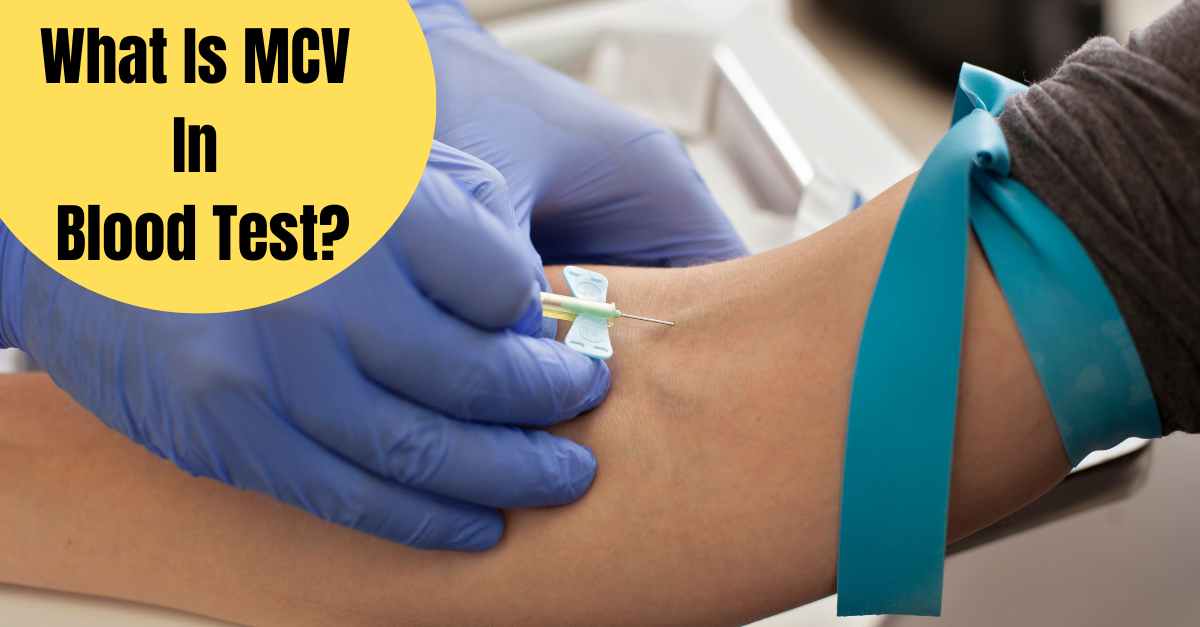
-
AMH Levels Unveiled: What is a Good AMH Level to Get Pregnant
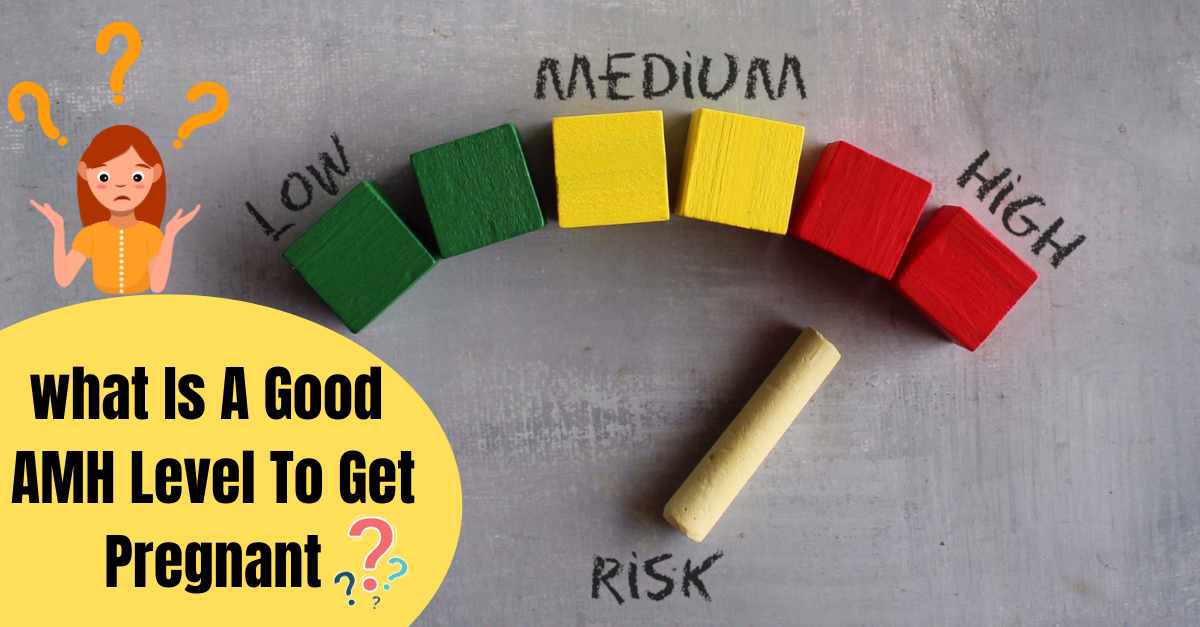
-
Weil Felix Test - Marvel Path Lab
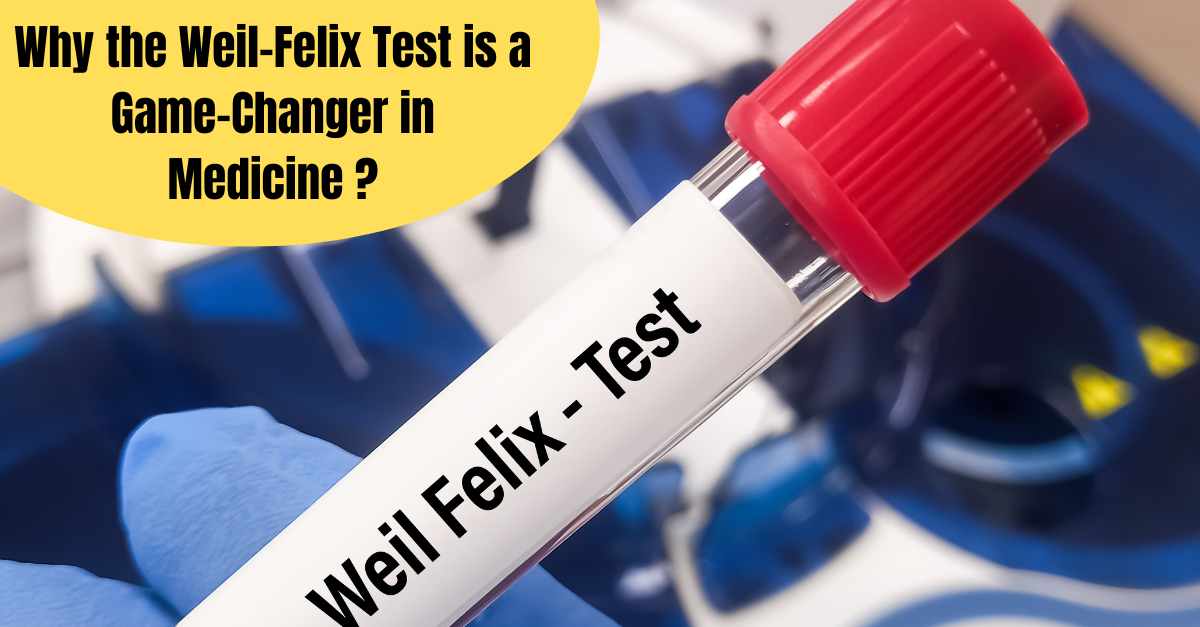
-
Exploring Fructosamine Testing: Marvel Path lab

-
Exploring Malaria Causes, Symptoms, And Cutting-Edge Diagnosis Techniques

-
Unlocking the Secrets of Fertility: Understanding Semen Analysis

-
Hot Weather, Cool Tips: Mastering Summer Wellness Like a Pro!

-
Homocysteine Test in Hindi:होमोसिस्टीन टेस्ट क्या है, खर्च, नॉर्मल रेंज, कैसे क्यों और कब होता है!

-
Optimizing Your Health Through Food Intolerance Testing: A Step-by-Step Guide

-
Your Allergy Questions Answered: Causes, Symptoms, and Diagnosis

-
Boost Your Heart Health: Simple Ways to Manage Homocysteine Levels Through Diet

-
Does MCV (Mean Corpuscular Volume) Fluctuate

-
Understanding Normal Values in a Peripheral Smear Test
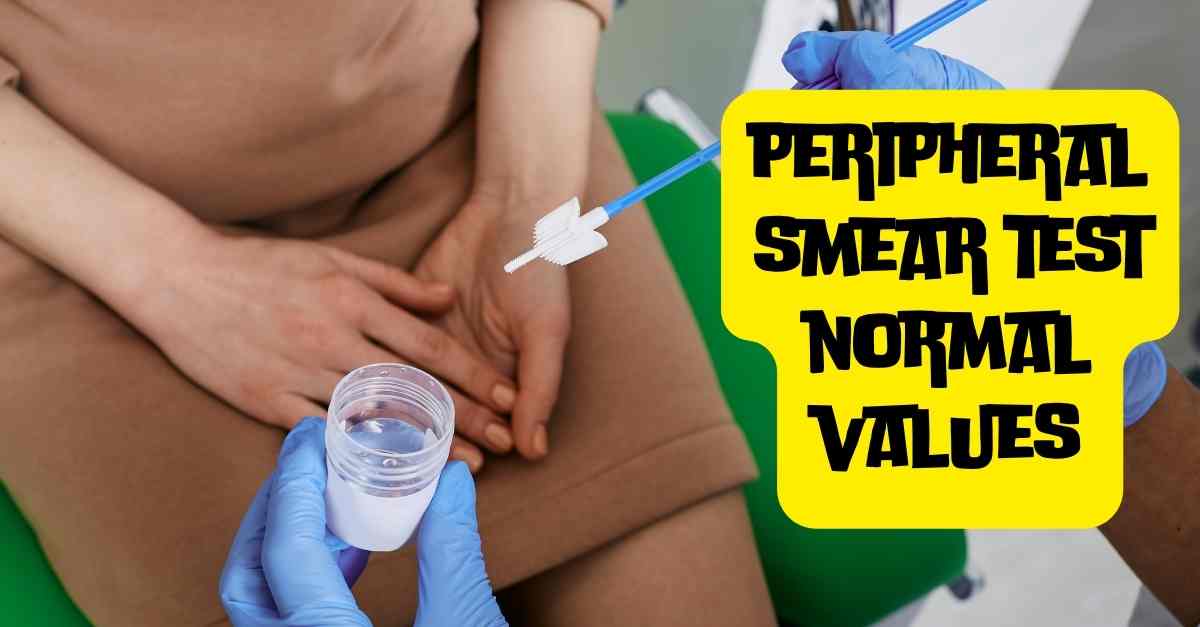
-
Understanding the Prolactin Blood Test: Purpose, Procedure, and Interpretation
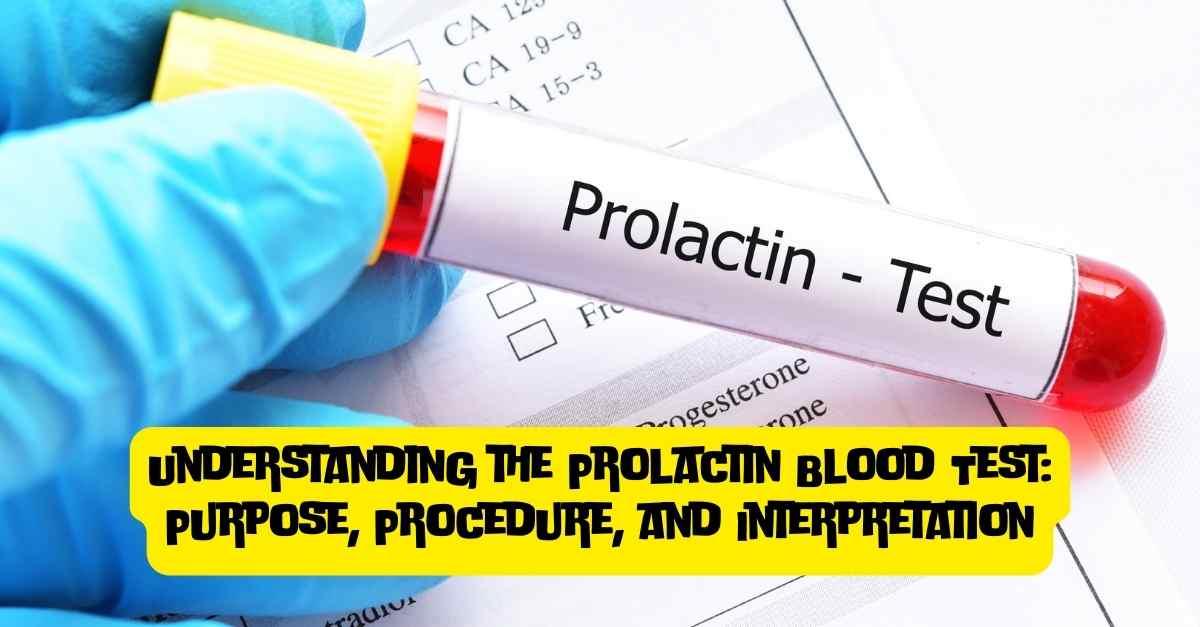
-
CA सीए 125 टेस्ट - क्यों किया जाता है, इसकी आवश्यकता क्या है, और जानें इसके बारे में
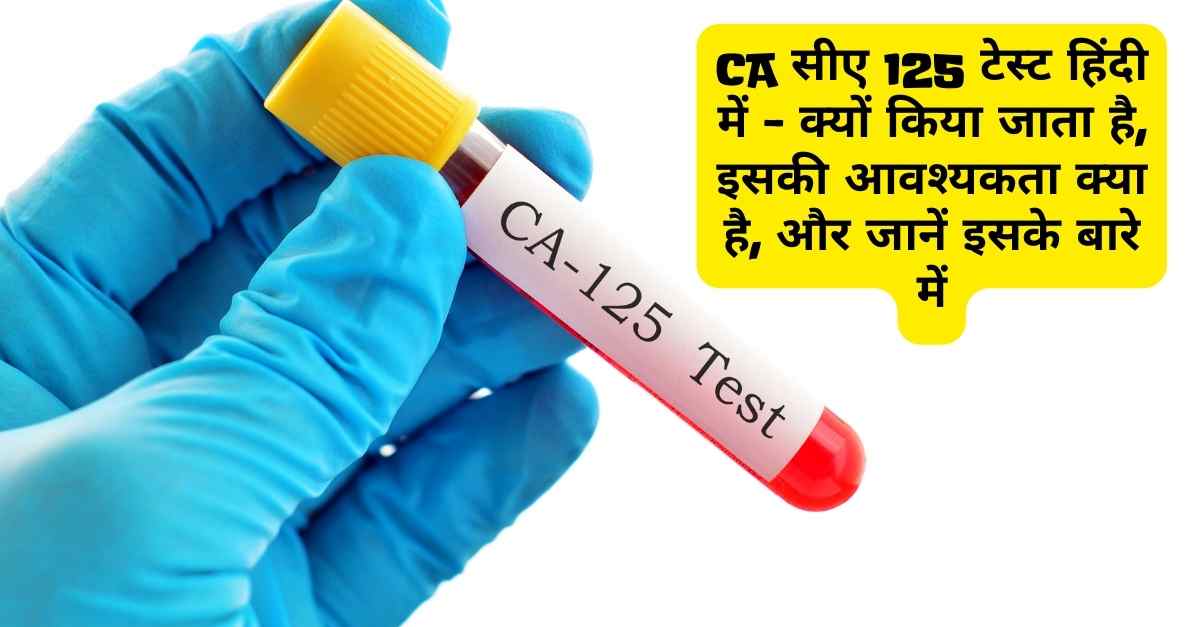
-
Understanding the Anti-Müllerian Hormone (AMH) Test: A Simple Guide
 Test.jpg)
-
The MPV Blood Test Explained: What It Reveals About Your Health
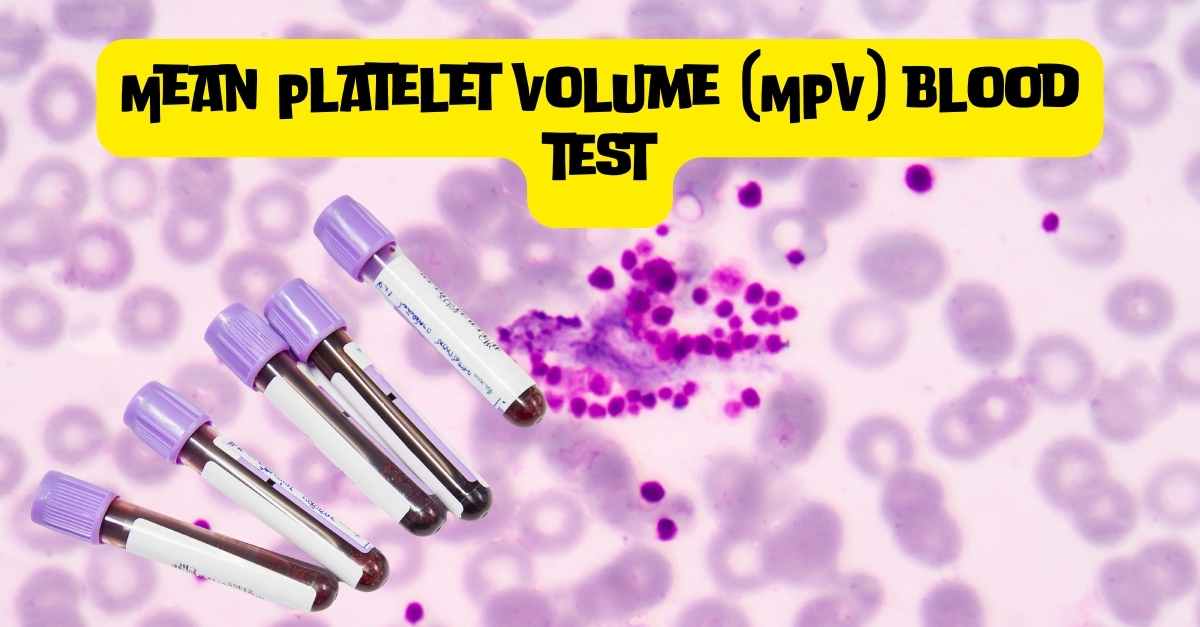
-
Understanding Pancreas Blood Tests

-
Understanding the CO2 Blood Test: A Simple Guide to Your Health
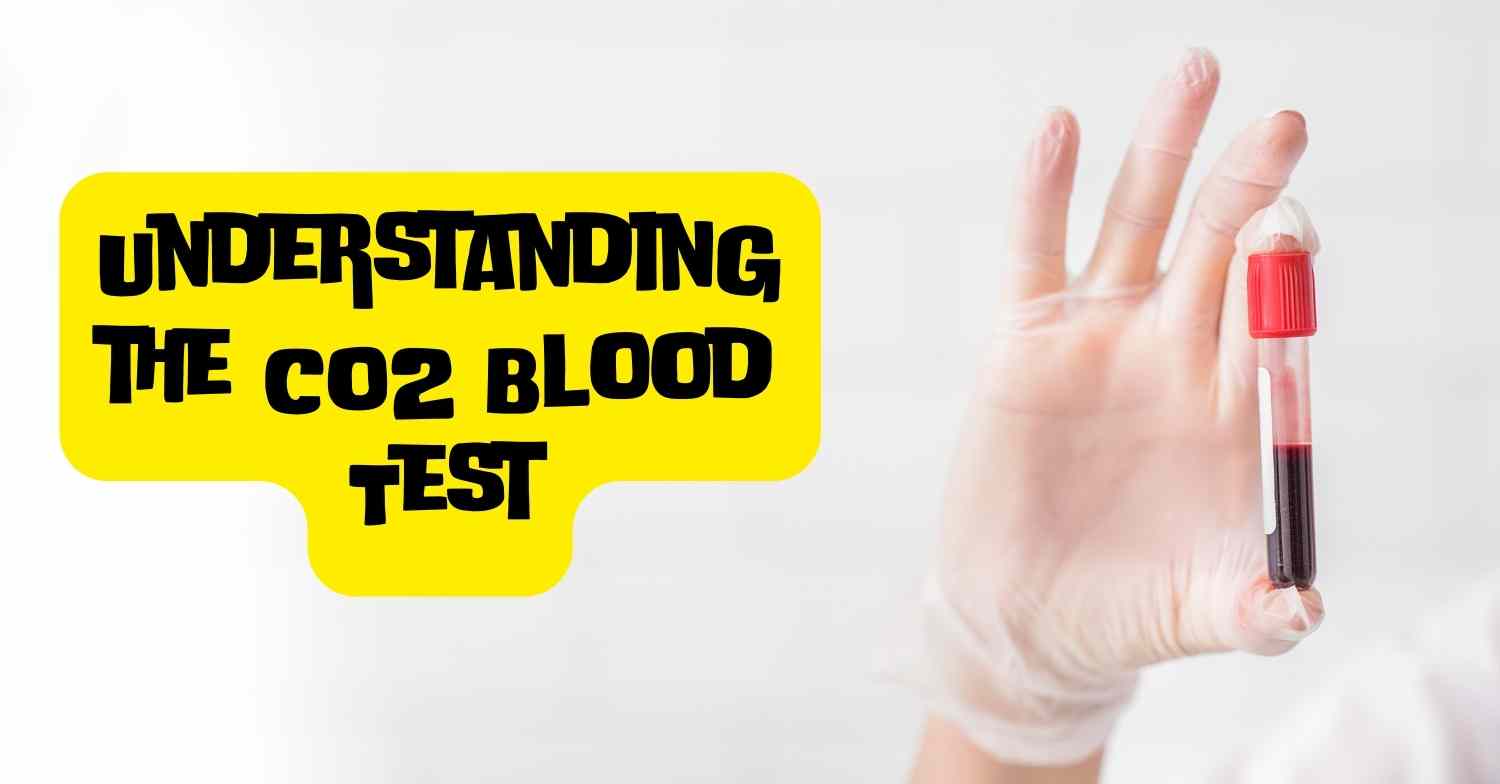
-
Albumin Blood Test
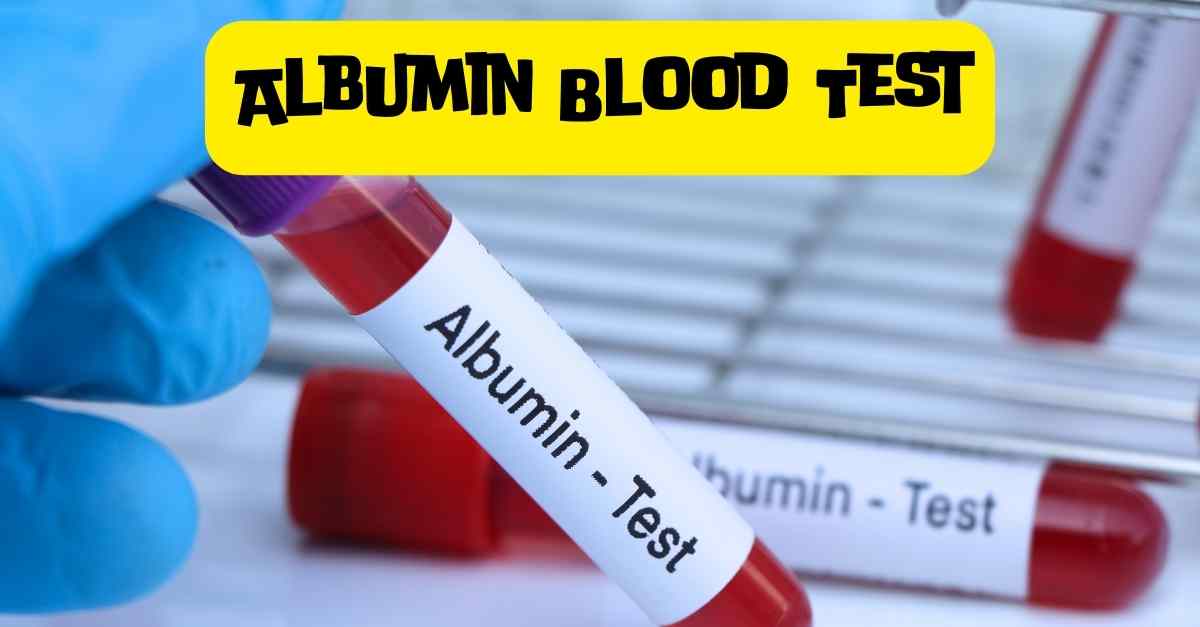
-
Everything You Need to Know About the Globulin Blood Test
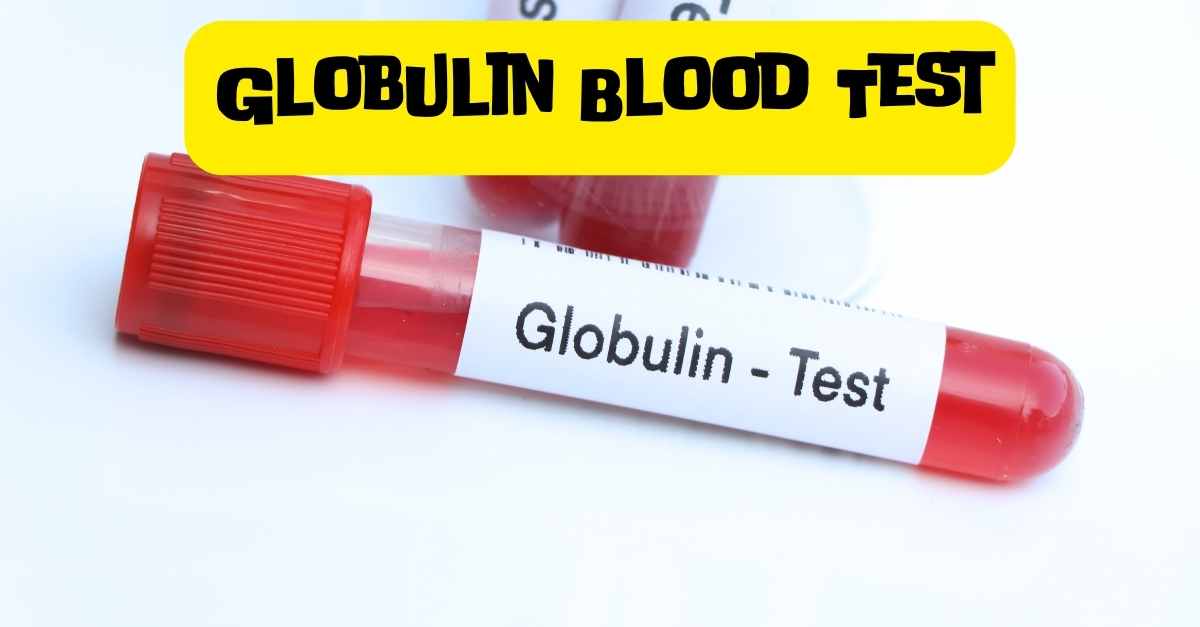
-
Allergy Blood Test
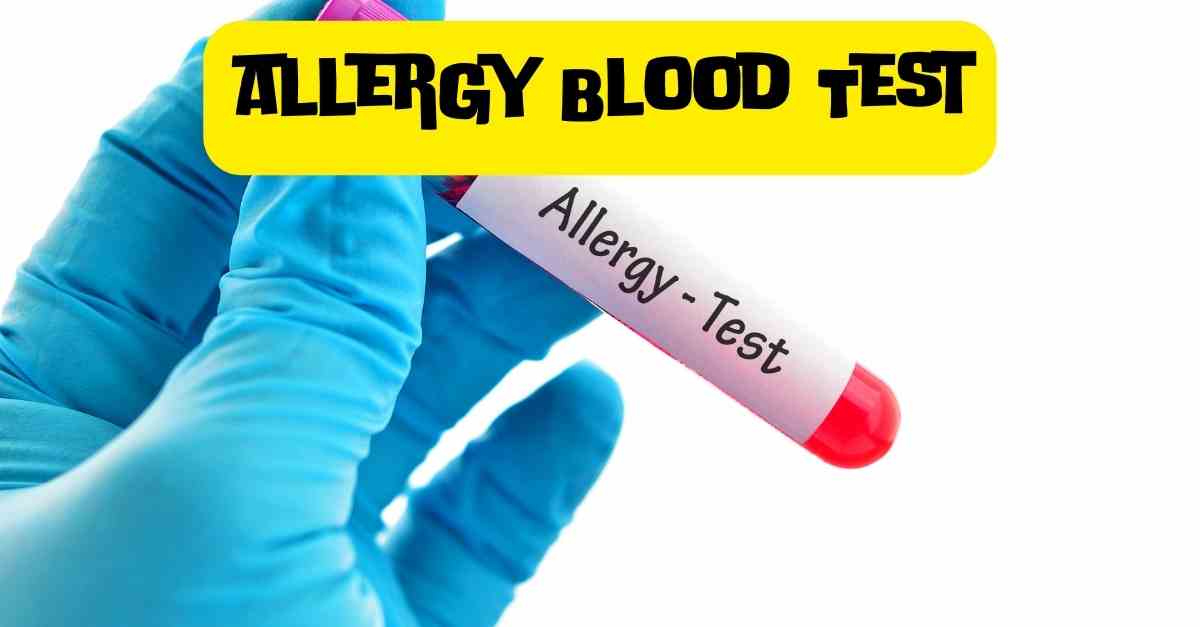
-
Understanding Cardiac Blood Tests: A Guide to Heart Health
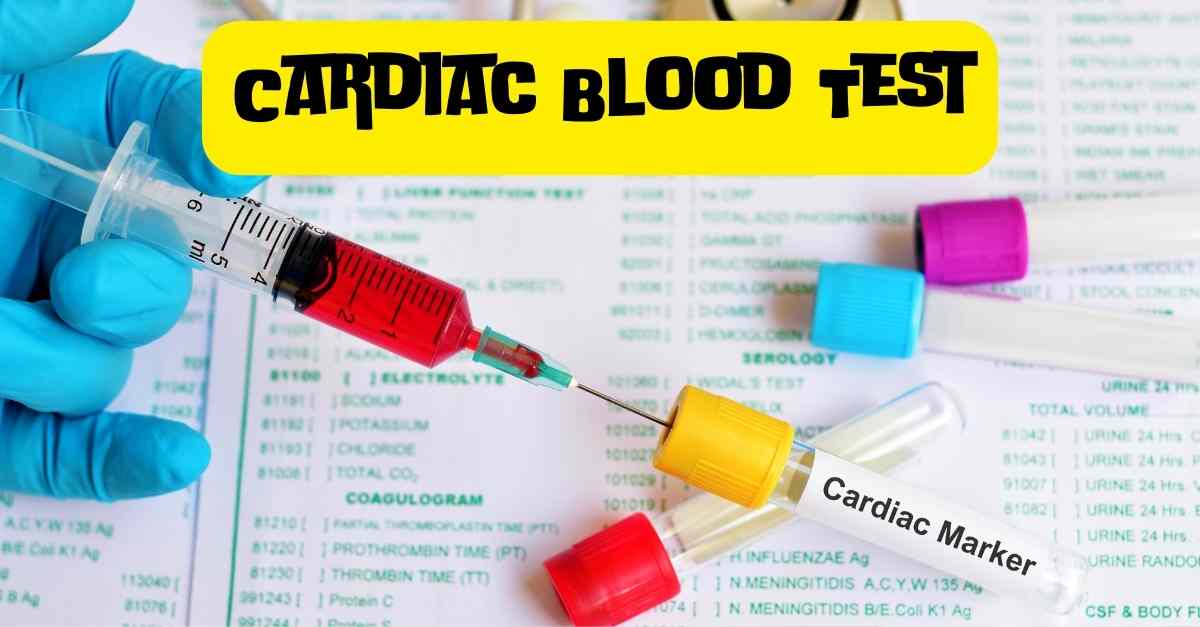
-
Decoding Your Chloride Blood Test: What You Need to Know
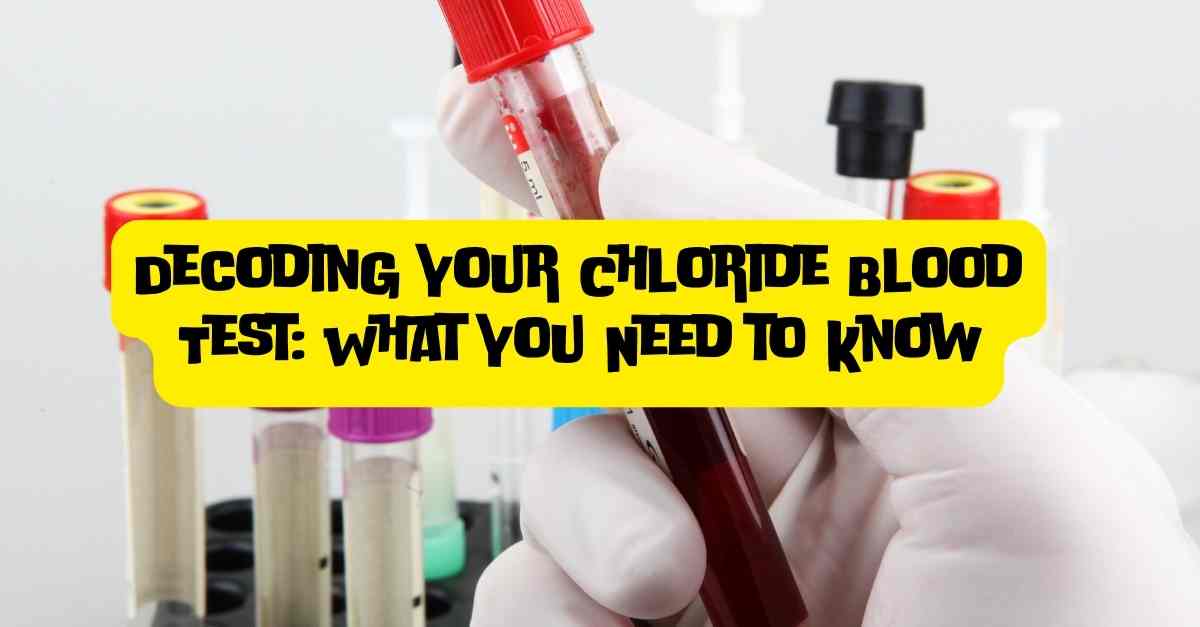
-
Calcium Blood Tests: A Vital Tool for Assessing Bone and Heart Health
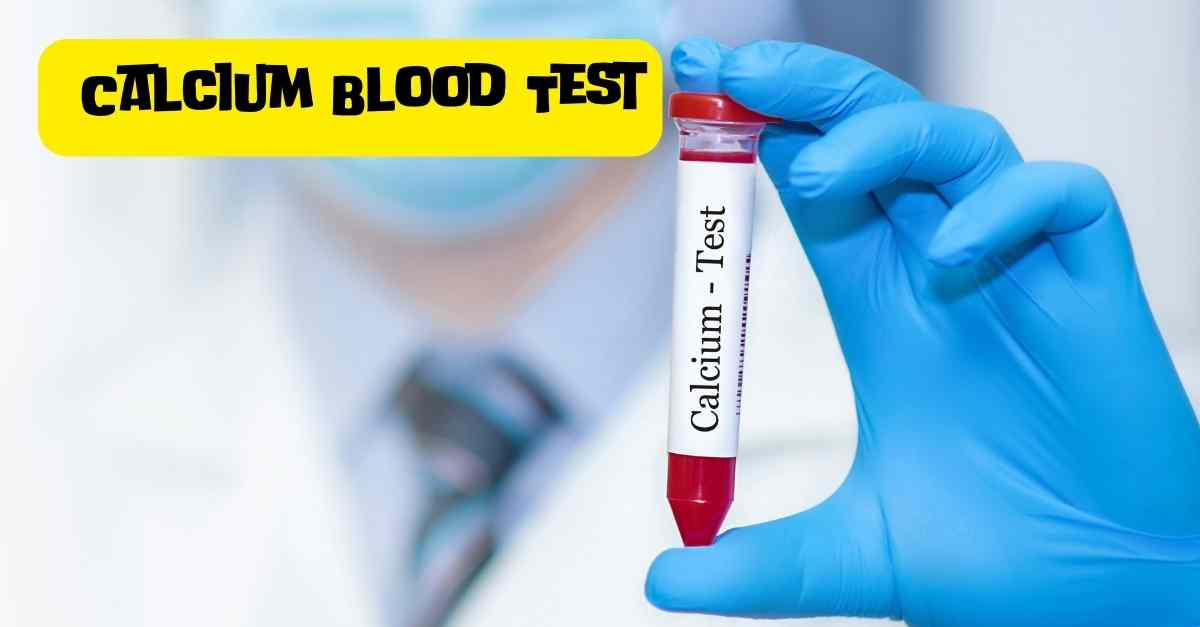
-
The Silent Indicator: Understanding the Fecal Occult Blood Test (FOBT)
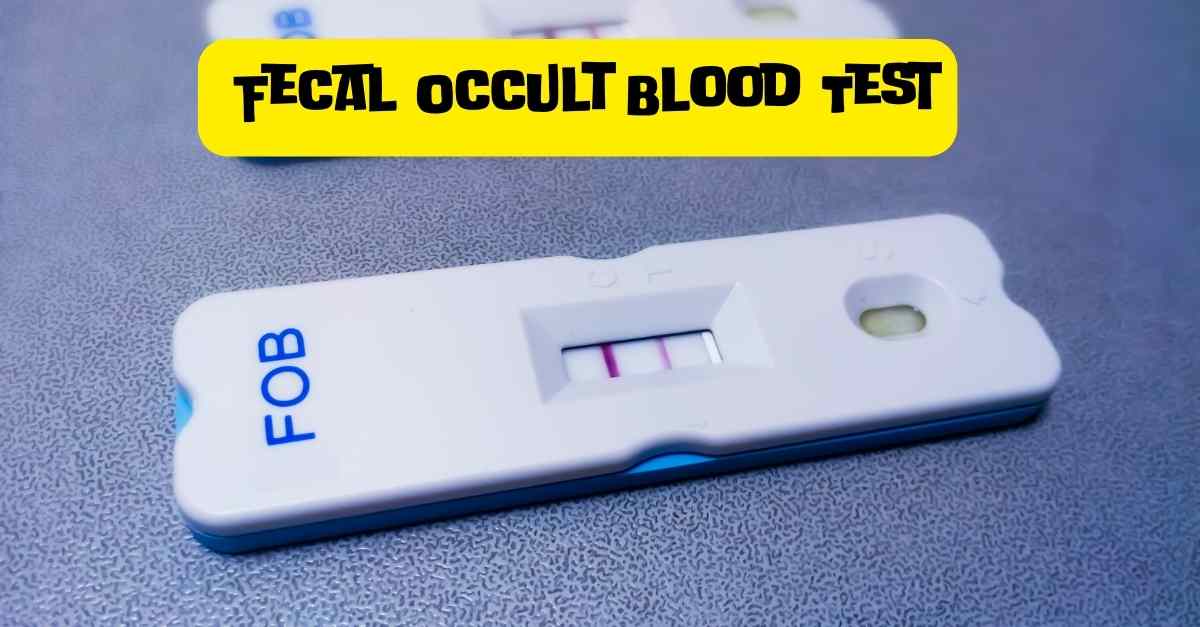
-
All About the C3 Complement Blood Test: Normal, High, and Low Ranges Explained
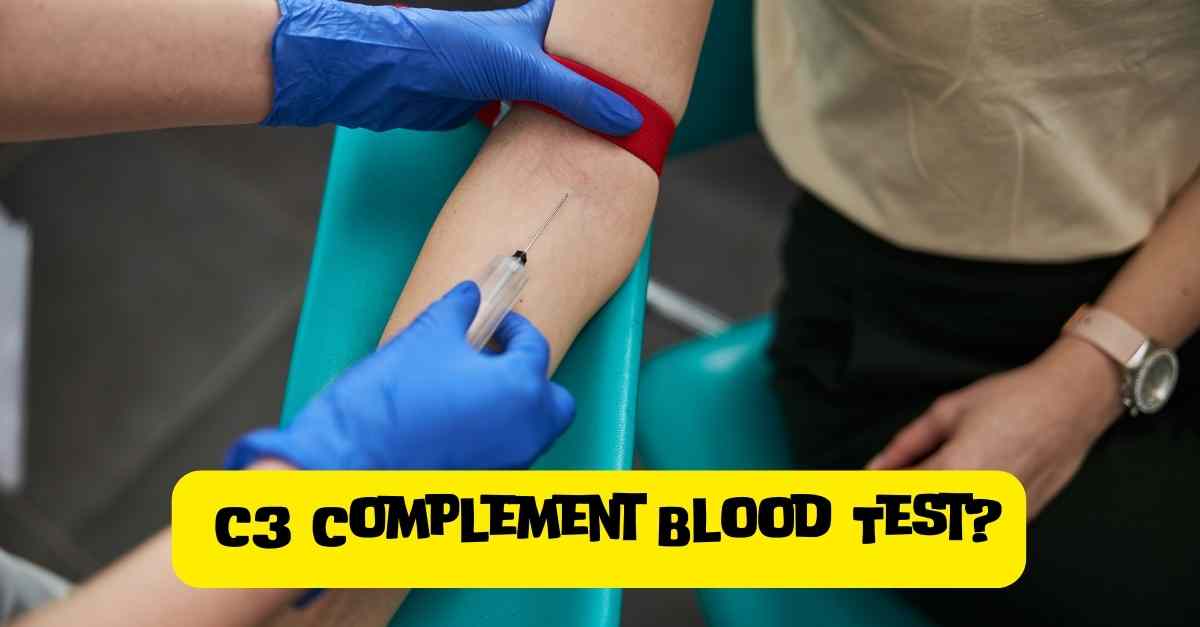
-
Simplifying the Anion Gap Blood Test: What You Need to Know
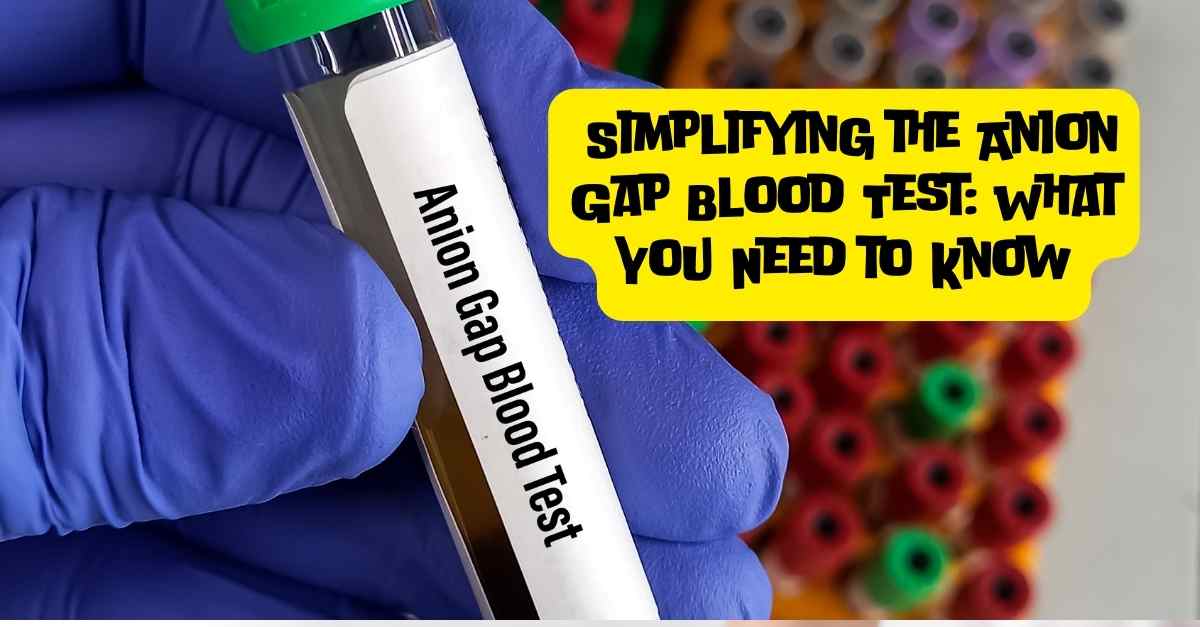
-
CA-125 Blood Test
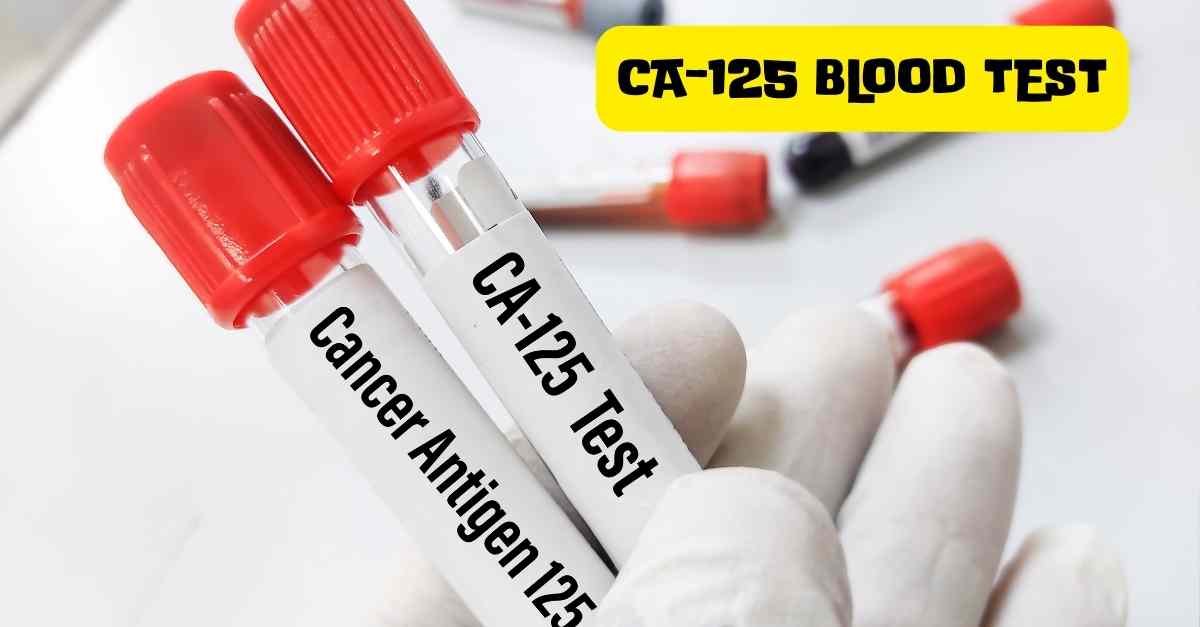
-
Understanding Lung Cancer: Symptoms, Causes, and Prevention

-
Exploring the Long-Term Health Effects of Tobacco Use

-
Beating the Heat: Essential Tips for Staying Cool and Safe

-
Summer Health Tips: Stay Cool, Stay Healthy!

-
मंटौक्स परीक्षण (Mantoux test) के लिए व्यापक गाइड: प्रक्रिया, व्याख्या और महत्व

-
The Comprehensive Guide to ALT Blood Test
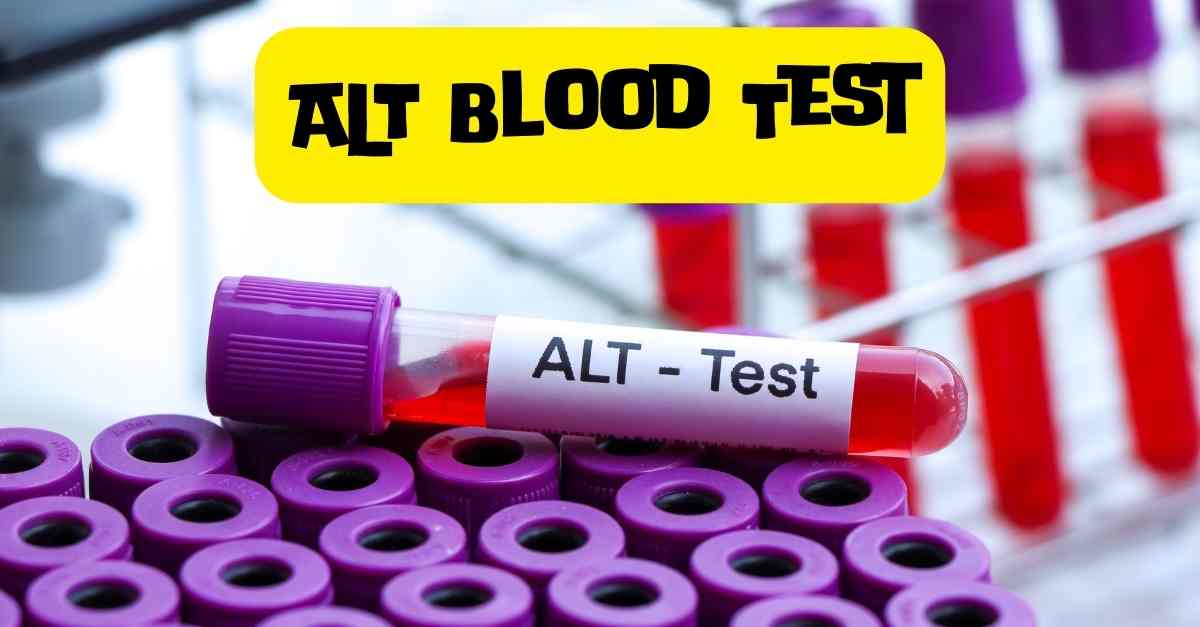
-
AST Blood Test: Your Guide to Liver Health Assessment
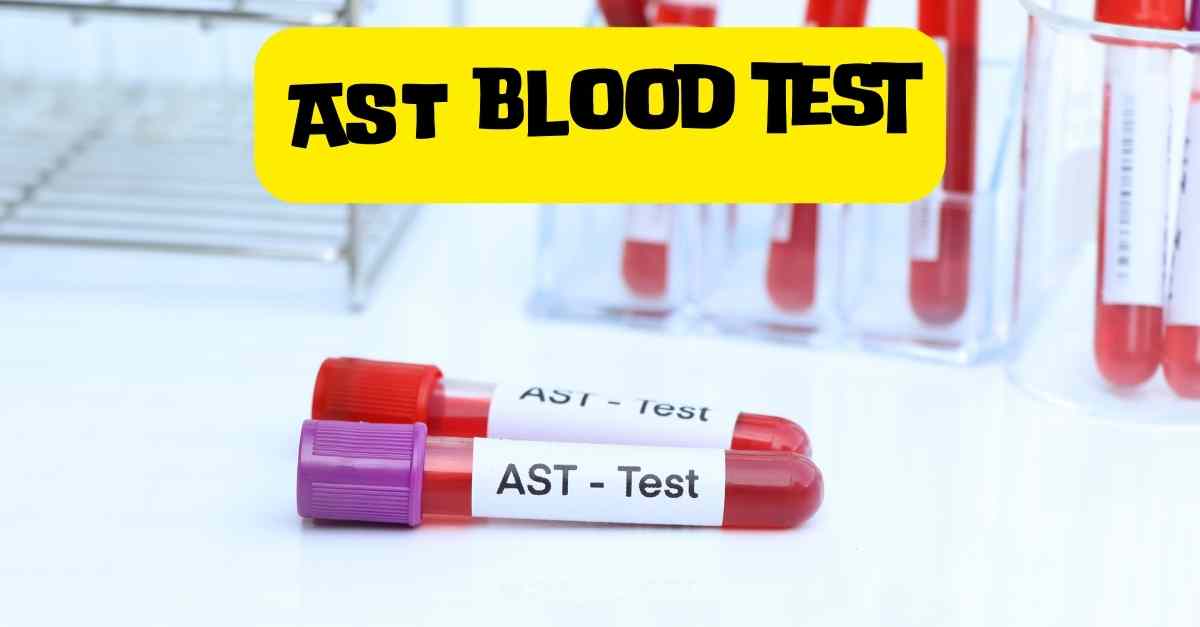
-
SGPT Blood Test
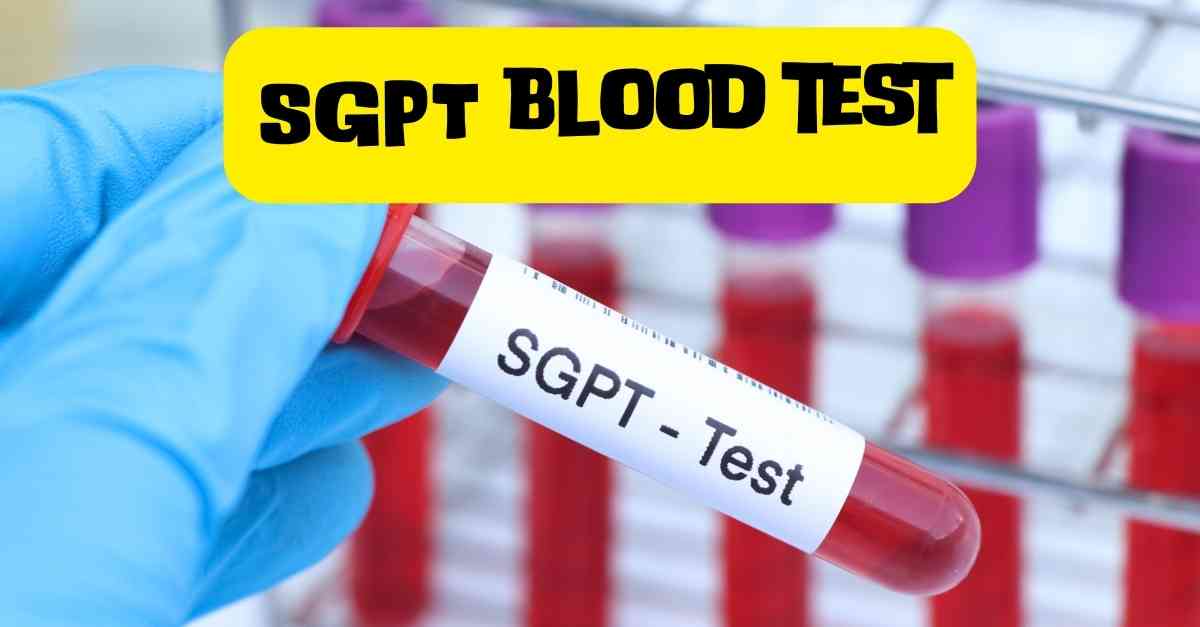
-
Serum Bilirubin Test in Hindi -सीरम बिलीरुबिन टेस्ट की पूरी जानकारी
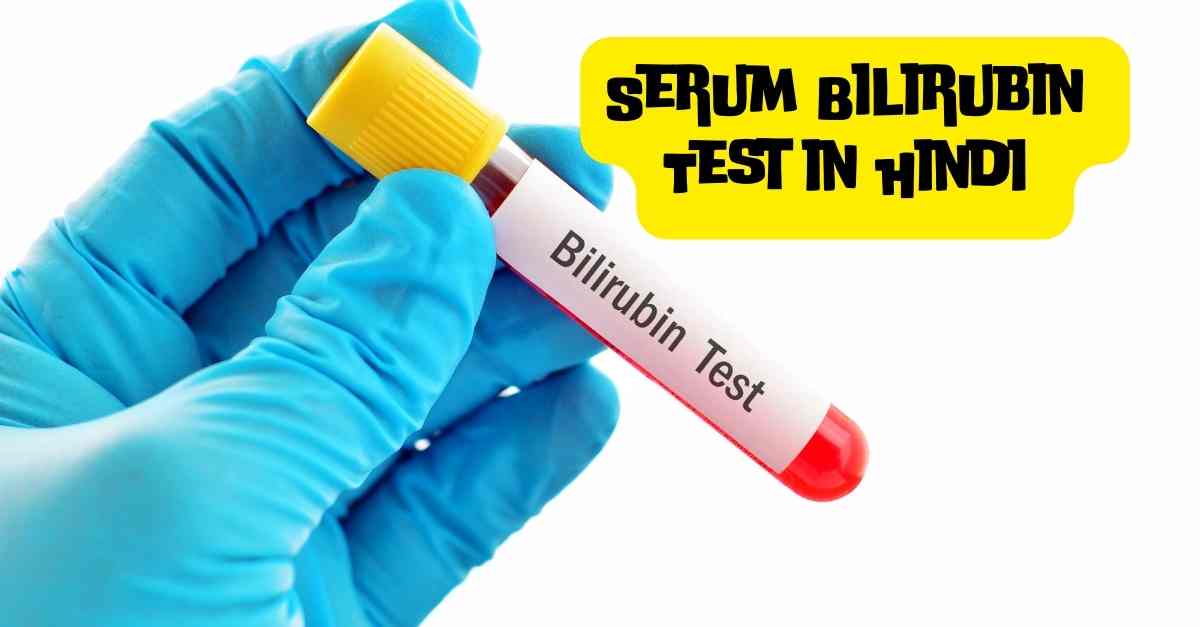
-
Everything You Need to Know About the MCH Blood Test
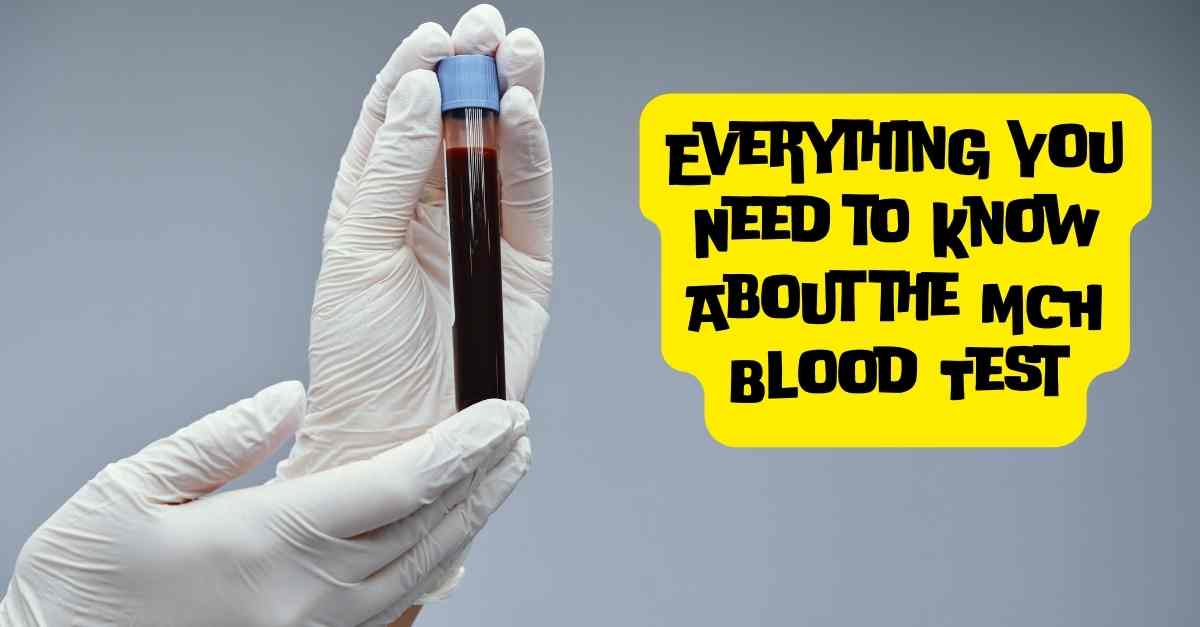
-
Best Home Remedies to Naturally Detox Liver

-
Unveiling the Side Effects of Excessive Vitamin B12 Intake

-
Best Foods for Kidney Detox Naturally Boost Your Renal Health

-
LKM Antibody Test: A Comprehensive Guide
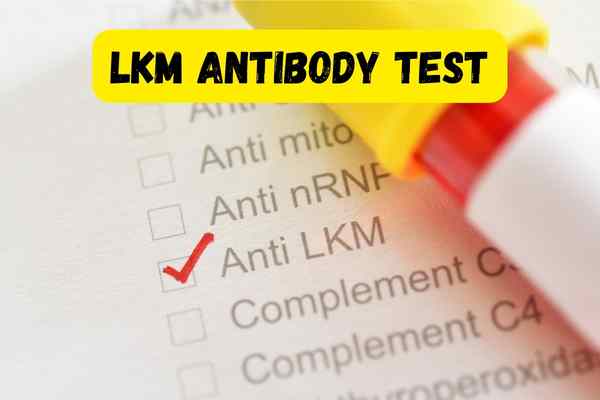
-
लीवर फंक्शन टेस्ट: समझें, क्या होता है और कैसे काम करता है
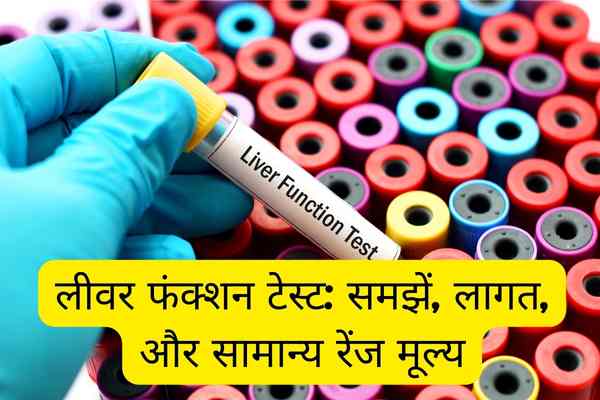
-
Amylase Blood Tests
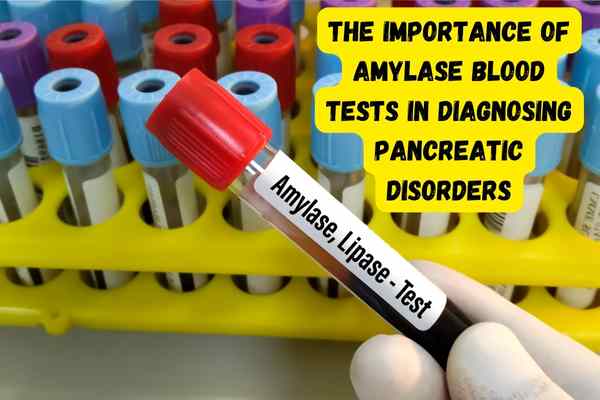
-
Vanillylmandelic Acid-VMA Urine Tests
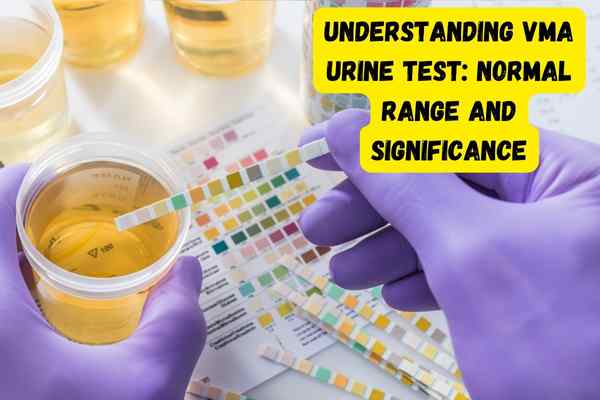
-
Everything You Need to Know About the CRP Test
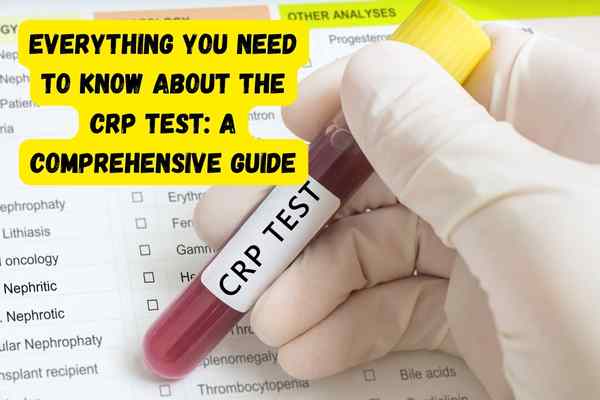
-
Simple Strategies for a Healthy Liver: Your Ultimate Guide

-
Ferritin Test in Hindi (सीरम फेरिटिन टेस्ट)
.jpg)
-
Karyotyping Test Explained in Hindi: कैरियोटाइपिंग टेस्ट
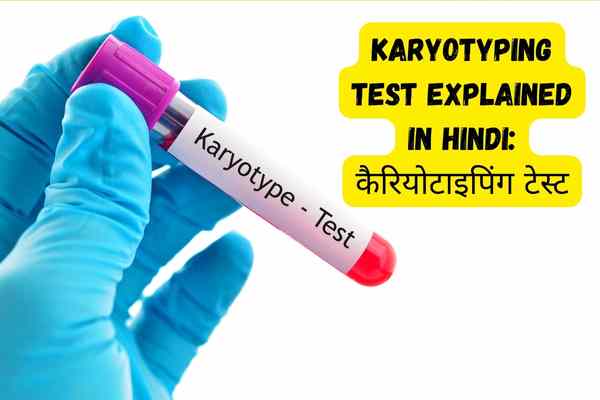
-
All About PRL Blood Test and Its Impact on Prolactin Levels
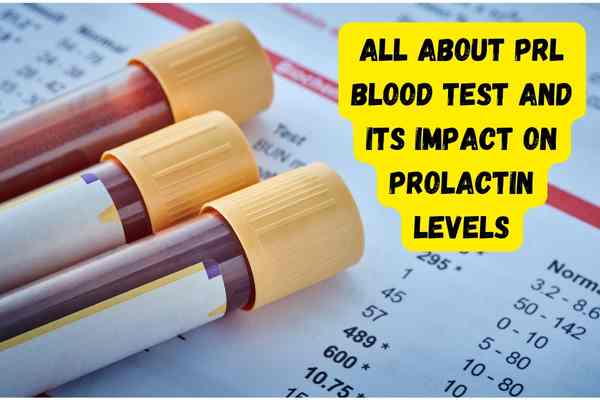
-
Acid-Fast Bacillus (AFB) Tests Demystified
 Tests Demystified.jpg)
-
Acetaminophen Level Tests
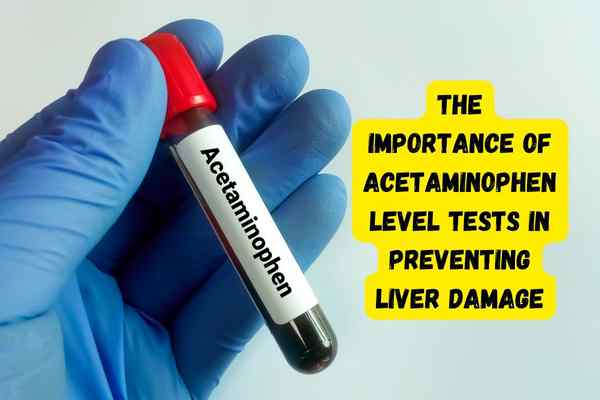
-
Empowering Awareness: Your Guide to ADHD Screening
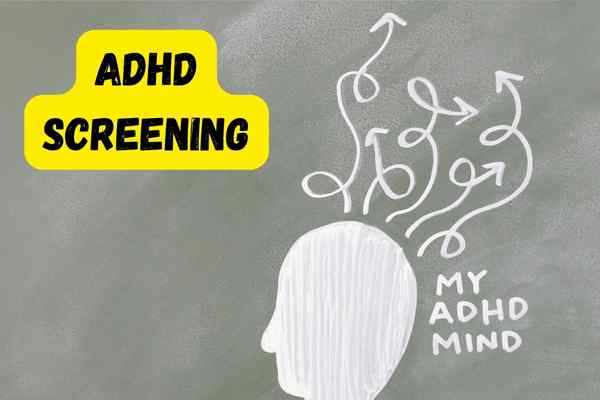
-
Adrenocorticotropic Hormone (ACTH) Test
 Test.jpg)
-
Are You Drinking Too Much The Essential Guide to Alcohol Use Screening Tests
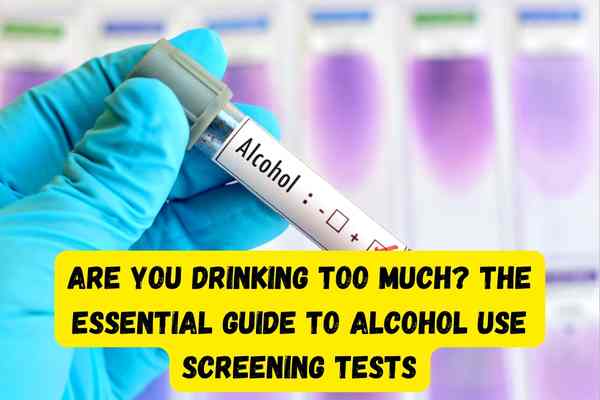
-
Breaking: New Study Reveals Surprising Link Between Aldosterone Levels and Heart Health

-
High or Low What Your Alkaline Phosphatase Levels Mean for You
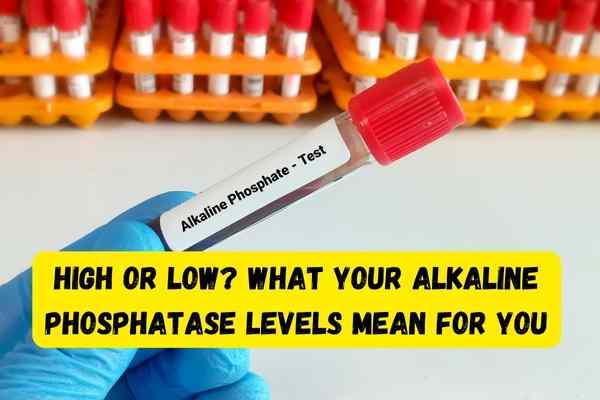
-
Attention: Must-Know Facts About Allergy Blood Testing

-
Allergy Skin Tests

-
The Role of the ANA Test in Diagnosing and Treating Autoimmune Conditions
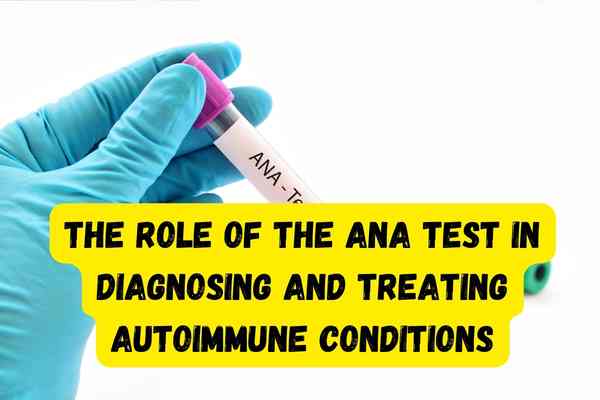
-
The Acid Phosphatase Test: What You Need to Know About Sample Types and Report Timing
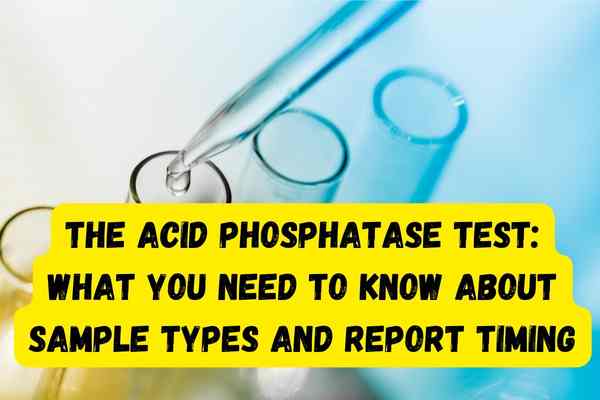
-
Albumin Fluid Test: Significance, Sample Types, and Report Timeline

-
Ammonia Blood Test: Sample Type, Report Generation Time, and Diagnostic Importance
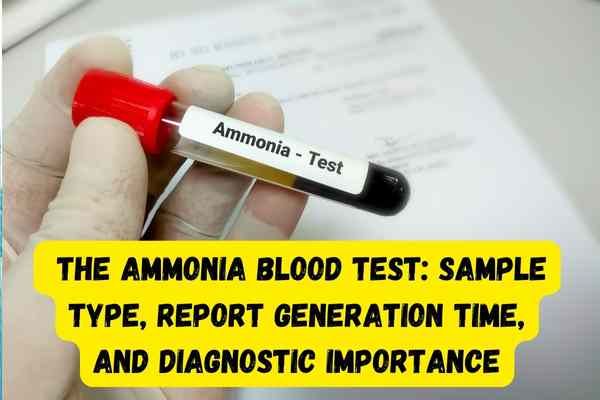
-
Angiotensin Converting Enzyme (ACE): Its Role, Sample Types, and Report Generation Time
 Its Role, Sample Types, and Report Generation Time.jpg)
-
Bile Acid Total Blood Test: Sample Type and Report Generation Time Explained
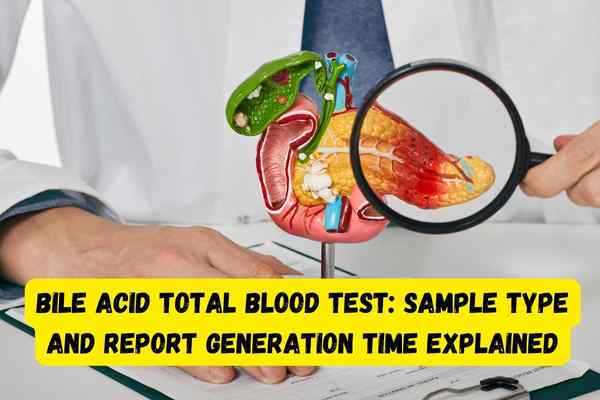
-
Blood Urea Nitrogen (BUN) Levels Explained: Fast, Accurate Testing with Blood Samples at Marvel Path Lab
 Levels Explained Fast, Accurate Testing with Blood Samples at Marvel Path Lab.jpg)
-
Amniocentesis Fluid Test : the Procedure, Sample Type, and Report Results

-
The Hidden Dangers of Bird Flu: What You Need to Know About Avian Influenza

-
Zika Virus : ज़ीका वायरस के कारण , लक्षण और बचने के उपाय

-
तेजी से फ़ैल रहा है West Nile Virus जाने यह बीमारी क्या है और इससे कैसे करे अपना बचाव
 48 मामलो की हुई पुष्टि.jpg)
-
25 की उम्र पर करते ही हर पुरुष को ये 10 टेस्ट जरूर करवाने चाहिए

-
25 की उम्र पार करते ही महिलाओं को ये 7 टेस्ट करवाना क्यों है जरूरी

-
हर शादीशुदा महिला के लिए जरूरी 10 टेस्ट: सेहतमंद रहने के लिए आज ही करवाएं!

-
इन 10 खाद्य पदार्थों को डाइट से गायब न करें वरना थायरॉयड की समस्या बढ़ सकती है!

-
अगर आपको भी डेंगू है, तो हो जाएं सावधान – आज ही करें ये घरेलू उपचार

-
अगर आपको भी दिख रहे हैं ये लक्षण तो हो जाएं सावधान, आपका लिवर सड़ चुका है तुरंत करवाए लिवर टेस्ट

-
प्लेटलेट्स बढ़ाने के लिए 6 अचूक उपाय – आज ही शुरू करें!
.jpg)
-
हर महिला को यह 5 ब्लड टेस्ट जरूर करवाने चाहिए – जानिए क्यों!

-
विटामिन की कमी का पता लगाने और सुधारने के लिए ब्लड टेस्ट का सही तरीका

-
7 Warning Signs of Dengue Fever in Hindi : जानें कैसे पहचानें और खुद को बचाएं!

-
डेंगू में प्लेटलेट्स कैसे बढ़ाएं: घर बैठे अपनाएं ये 10 चमत्कारी घरेलू उपाय, रिजल्ट चौंका देंगे!

-
Rashes In Dengue Is Good Or Bad डेंगू में रैशेज: क्या ये आपकी सेहत के लिए अच्छे हैं या खतरनाक संकेत जानिए सच्चाई!

-
Dengue Antibody Igm Positive Means :क्या होता है जब डेंगू एंटीबॉडी IgM पॉजिटिव आए यहाँ जानें!
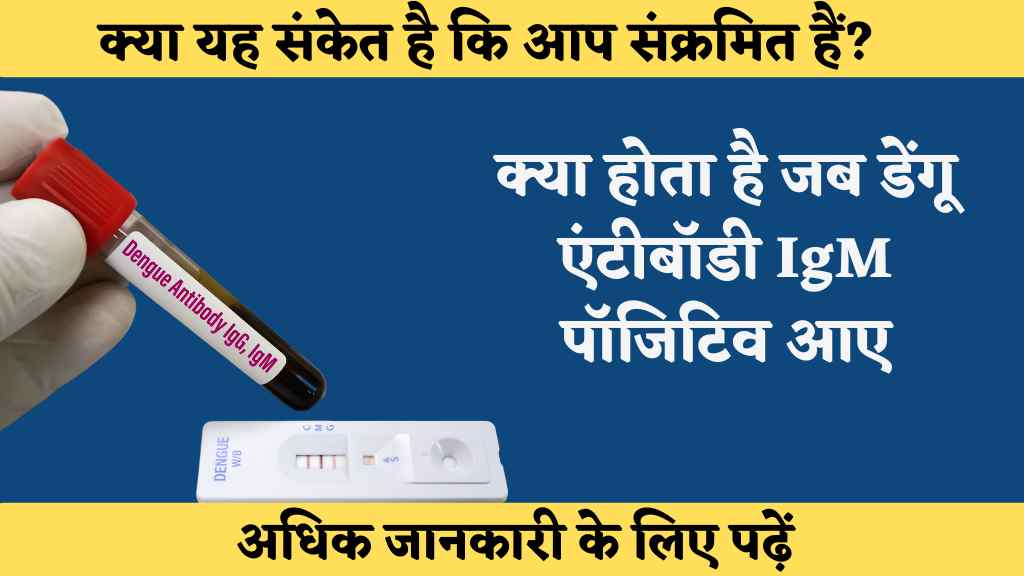
-
अगर आपको ये 7 लक्षण दिखें, तो हो सकता है टाइफाइड! तुरंत जानें टाइफाइड के लक्षण और बचाव के उपाय

-
Dengue Symptoms In Babies : बच्चों में 7 चौंकाने वाले लक्षण जो हर माता-पिता को जानने चाहिए!

-
How Many Days To Recover From Dengue : जल्दी ठीक होने के लिए अपनाएं ये 6 टिप्स!

-
Monkeypox Symptoms मंकीपॉक्स के 7 खतरनाक लक्षण: जानें कैसे बचें और सुरक्षित रहें!

-
Viral Fever Treatment At Home : वायरल बुखार से छुटकारा पाने के 8सरल घरेलू उपाय जानें कैसे करें इलाज

-
What To Eat During Fever : बुखार में क्या खाना चाहिए जानिए 7 सुपरफूड्स जो तेजी से ठीक करेंगे!

-
इन 15 खाद्य पदार्थों को न छोड़ें वरना आपका लिवर कभी भी साफ नहीं रहेगा

-
Rashes After Fever In Adults: क्या बुखार के बाद रैशेस सामान्य हैं जानें लक्षण, कारण और उपाय!

-
Scarlet Fever Symptoms : आपके बच्चे को हो सकता है स्कार्लेट फीवर! लक्षण और इलाज की पूरी जानकारी

-
थायरॉयड के इन लक्षणों को न करें नजर अंदाज: तुरंत कराएं जांच जानें थायरॉयड बीमारियों का सरल इलाज

-
What Health Problems Are Associated With Low Blood Pressure : जानें कैसे पहचानें और बचें गंभीर समस्याओं से

-
4 Stages Of Typhoid Fever : जानें पहचानें और तुरंत इलाज करें!

-
Test For Dengue Fever : जानें पूरी जानकारी और सही समय पर टेस्ट करवाएं

-
Viral Fever Duration In Child : क्या आपका बच्चा वायरल बुखार से जूझ रहा है जानें इसके लक्षण और उपचार!

-
बस ये 5 चीजें खाएं और 1 हफ्ते में विटामिन B12 की कमी करें दूर, जानें आसान तरीके!

-
यूरिक एसिड को कंट्रोल करने का जादुई तरीका – सिर्फ ये चीज़ खाएं और पाएं राहत!

-
बस रात को खाएं ये एक चीज़ और देखें कैसे बढ़ता है विटामिन D!

-
क्या आप जानते हैं दुनिया में कितने प्रकार के ब्लड ग्रुप होते हैं यहां जानिए सब कुछ!

-
Which Path Lab Is Best In India: कैसे मार्वल पैथ लैब ने बदल दी पैथोलॉजी की दुनिया जाने कैसे !

-
Can you take vitamin B12 every day : क्या आप हर दिन विटामिन बी12 ले सकते हैं जानें इसके अद्भुत फायदे और सही खुराक!

-
क्यों होते हैं बुजुर्गों को कैंसर जानें 7 चौंकाने वाले कारण!

-
नवरात्रि में ये 10 सुपरफूड्स खाएं, माता रानी होंगी प्रसन्न और आप रहेंगे फिट!

-
Blood Test For Allergy : बार-बार छींक, खुजली, या सांस की दिक्कत, ये ब्लड टेस्ट आपके सभी सवालों का जवाब देगा!

-
PTH Blood Test: अगर दिख रहे हैं ये संकेत, तुरंत करवाएं ये जरूरी टेस्ट और जानें इसका पूरा प्रोसेस!
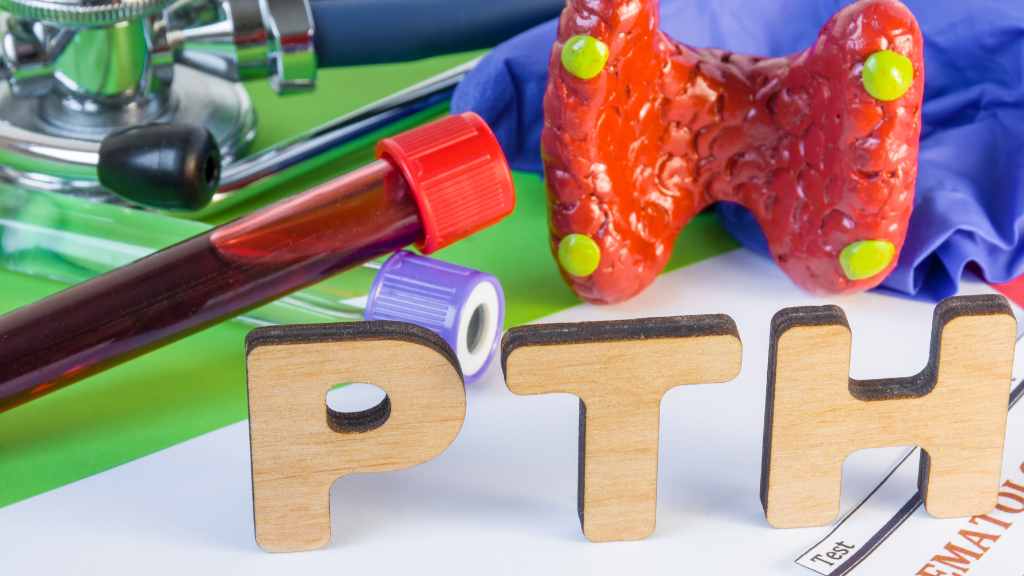
-
यूरिक एसिड को मिनटों में कम करें जानें 10 घरेलू नुस्खे जो तुरंत असर दिखाएंगे!

-
पूरे 9 दिन भूख से रहना चाहते हैं दूर, नवरात्रि में बस यह एक चीज खाएं!

-
Ratan Tata News : रतन टाटा जी का स्वास्थ्य रहस्य कैसे उन्होंने बनाए रखा अपनी सेहत

-
Crimean Congo Hemorrhagic Fever : लक्षण, कारण और और सही समय पर टेस्ट कराने की जरूरत अवश्य पढ़ें!

-
What Is Eosinophils In Blood Test ? आसान भाषा में जानिए!
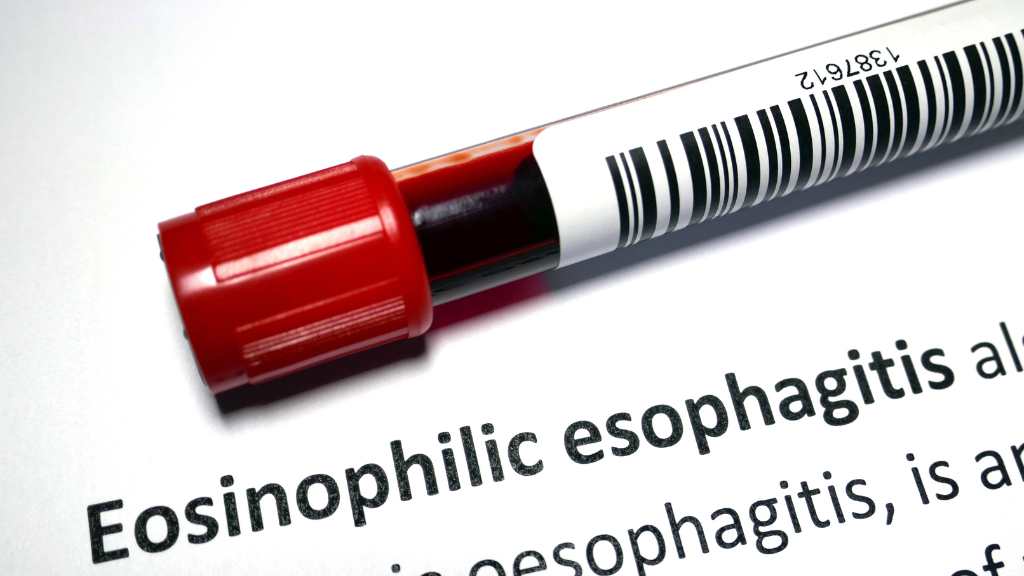
-
सर्दी-खांसी से राहत या त्वचा की चमक? जानिए कच्ची हल्दी वाला दूध के 9 जबरदस्त फायदे!

-
Breast Cancer Recurrence Blood Test: The Life-Saving Check Every Survivor Needs to Know About!

-
Ding Liren Mental Health Issue: The Silent Struggle of a Chess Champion

-
UIBC Blood Test: Everything You Need to Know About Iron Levels in Your Body

-
HBAC ब्लड टेस्ट: यह टेस्ट क्यों ज़रूरी है और क्या बताता है?

-
क्या विटामिन B12 खतरनाक है? पूरी सच्चाई जानें!

-
Dual Marker Blood Test : जानिए यह टेस्ट क्यों जरूरी है और इसकी पूरी जानकारी

-
लिम्फोसाइट्स (Lymphocytes ) क्या होते हैं? पूरी जानकारी आसान भाषा में!
 क्या होते हैं पूरी जानकारी आसान भाषा में!.jpg)



